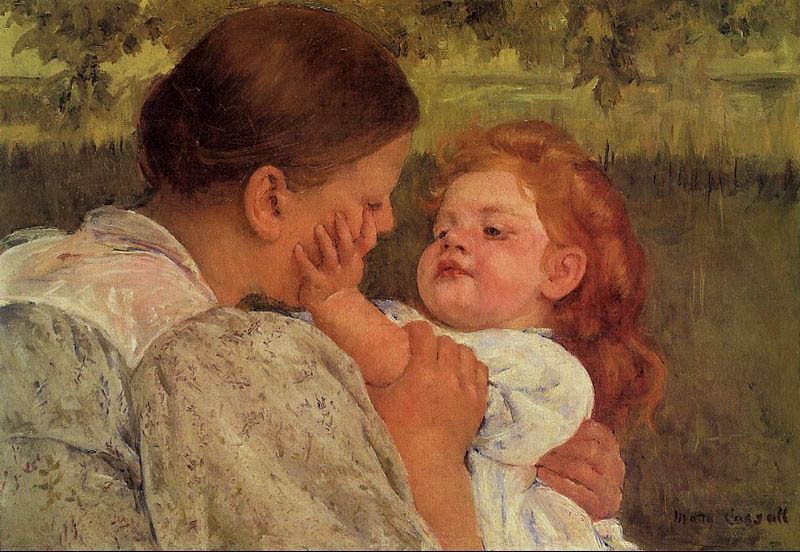What do you hope to change?
 “This is the real power of habit: the insight that your habits are what you choose them to be.” Charles Duhigg, The Power of Habit (273)
“This is the real power of habit: the insight that your habits are what you choose them to be.” Charles Duhigg, The Power of Habit (273)
Before you change your life, it helps to know what exactly it is that you want to change.
So, Bethany, what would you like to see more of in your writing life?
- If I had a more organized send-out habit, that would be wonderful.
- If I could be more organized, I think that would help me to finish more work, and so have it available to be sent out.
- On those days when I’m not driving to see my mom or on some other errand, I’d like to actually write for several hours. Several? 3 or 4? 6?
- If I could go to bed earlier, and fall sleep earlier, I could get up earlier in the morning, and write, even on days when I’m traveling. As mornings are my absolute, best time of day to do creative work, this would be ideal.
The other day, I suggested that you jot down what you want to accomplish. But now, what does one DO with that list? The key, I’m convinced, is to focus on one item, and break it into parts. Into the smallest parts possible. Or as some writers would emphasize that phrase: The. Smallest. Parts. Possible.
In order to send out my current mss., what small actions can I take?
Find the emails about PEARL’S ALCHEMY that I’ve sent most recently. Draft a new email. Find addresses for all the agents and editors I met with last summer. Get a copy of the PNWA 2014 program?
Decide what exactly I need to fix in the closing section of the book, in order to follow up an initial request, or a 50 page excerpt, with the whole book.
When I look at the small parts, just one each morning, it doesn’t sound that difficult.
In her book, Juicy Pens, Thirsty Paper SARK includes a wheel of small, intentional actions. If I still had the book, I’d take a picture of her version — but here’s mine (messier, less colorful) for this project of 1) making a list; 2) choosing one item; 3) breaking it into small parts; 4) figuring out what small, action I can take next.
 If I’m remembering it right, SARK’s wheel says “5 seconds or 5 minutes.” When you’re trying to create a new habit, the smallest action can help. Alongside other small actions, repeated over time, it can start everything sliding downhill.
If I’m remembering it right, SARK’s wheel says “5 seconds or 5 minutes.” When you’re trying to create a new habit, the smallest action can help. Alongside other small actions, repeated over time, it can start everything sliding downhill.
One action, I find, encourages another.
In my next blogpost, I want to add 2 cents more to this thread on habits — this time about finding or creating a supportive community.


 Ted Kooser’s
Ted Kooser’s 

